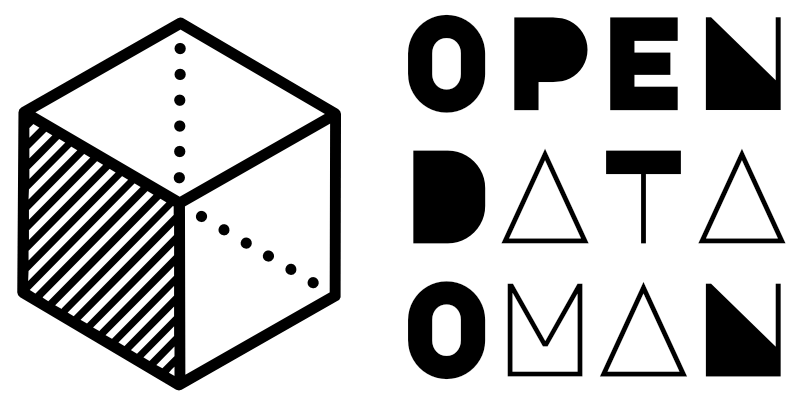Legislation might not be an obvious topic to explore from an open data perspective, but it is regularly considered by international open data indicators as a key dataset that governments should prioritize publishing on the internet in a manner that complies with open data principles. Legislation is one of the most important pieces of data that the government generates and publishes as having access to the law is one of the most fundamental rights in all societies and legal systems.
The government of Oman has made significant efforts in publishing its legislation on the internet and laws can be downloaded free of charge from the website of the Ministry of Justice of Legal Affairs. In fact, the government has recently stopped publishing the Official Gazette (the publication in which laws are made available to the public) in hardcopy format and makes it available exclusively as a free digital download.
From an open data perspective, legislation in Oman is uniquely automatically deemed legally open because the Omani copyright law excludes legislation from copyright protection and makes it part of the public domain. This allows anyone to copy it, re-utilise it, and sell it without the need to seek the permission of the government or pay them any fees.
Legislation is also published systematically and in a timely manner on the internet, making this vital government dataset very accessible and useful to society. However, legislation published by the government still does not comply with certain technical aspects of the principles of open data especially in regard to machine-readability and structure. In particular, legislation is usually published as PDFs that do not easily allow users to copy the content from them, that are difficult to search, and that are unavailable for download in bulk, all of which make this data inaccessible and undiscoverable.
Notwithstanding the technical shortcomings of the legislation data that the government publishes, the fact that the government releases this data on the internet without copyright restrictions has enabled both civil society and the private sector to utilise the data and fill the usability gaps left by the government. This can be seen on civil society projects such as Qanoon.om (a project I co-founded) and Oman Legal Network, as well as private sector projects such as Mohamoon, all of which build on the data openly made available by the government to create more usable solutions for accessing the law.
The openness of legislation data in Oman and the efforts of the government in making the contents of the Official Gazette available in a timely manner on the internet set an example for publishers of other types of government data to release their data openly. This should be celebrated as a success story in releasing government data in Oman.
